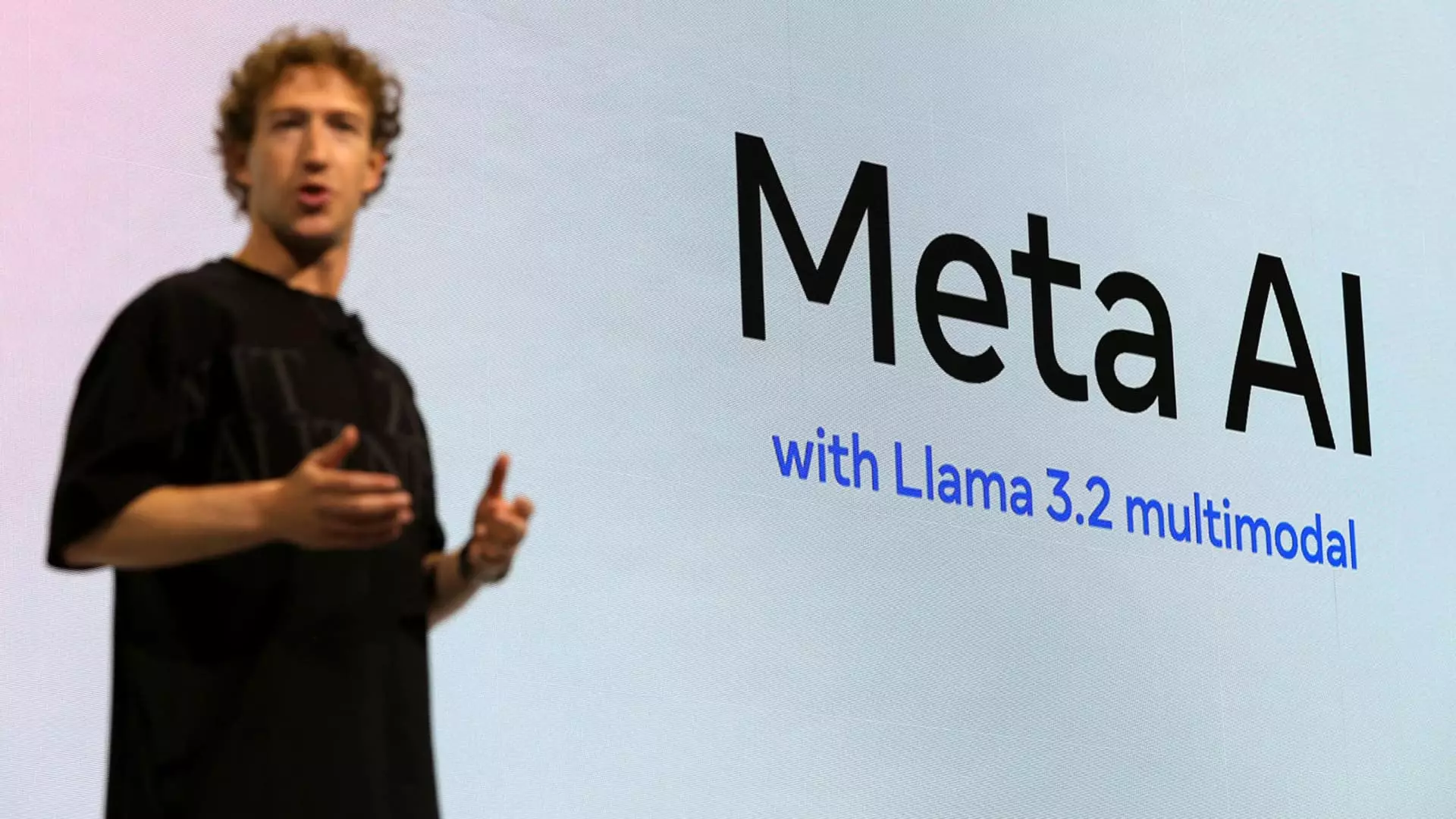The recent ruling by U.S. District Judge Vince Chhabria in favor of Meta in a high-profile copyright case over the use of literary works to train its Llama artificial intelligence model highlights a seismic shift in the relationship between technology and intellectual property. While the court’s decision seemed to vindicate Meta’s argument that its practices fall under the fair use doctrine, the underlying implications of this ruling evoke a sense of disquiet among authors and advocates for robust copyright protections. The judge’s ruling essentially condones an ongoing trend wherein tech companies deploy copyrighted materials without compensating the creators or obtaining permissions.
Fair use is a convoluted legal doctrine, often manipulated to serve the interests of the powerful — in this case, an enormous tech conglomerate. The belief that appropriating authors’ works can be transformative enough to constitute fair use poses serious ethical questions. It raises the specter of economic displacement among authors who may find their titles, once sources of income, reduced to mere fodder for AI algorithms that churn out content at alarming speeds. In a world where content is king, the king’s crown certainly needs to rest on the heads of those who create that very content.
Market Harm and Legal Shortcomings
During the trial, Judge Chhabria underscored that the plaintiffs — including notable authors like Sarah Silverman and Ta-Nehisi Coates — failed to solidify their claim of market harm caused by Meta’s practices. It’s a troubling sentiment when a prominent figure in the judiciary espouses that the lack of demonstrable economic pain suffices to exonerate a corporation from copyright infringement. This places the bar for legal standing at a concerning height, effectively setting up a David vs. Goliath scenario wherein individual authors struggle against a mountain of corporate resources.
Chhabria’s conclusion that the plaintiffs did not meet the threshold to prove their case is particularly ironic, contrasting sharply with the gravity of the copyright laws designed to protect creators. The judge mentioned that Meta’s practice could open floodgates to further unauthorized uses of copyrighted works, a scenario that fundamentally undermines the intentions behind copyright law: to ensure that creators can earn a living from their art. What constitutes market harm in this new era of AI-driven creativity must be redefined to protect the authors whose works serve as the training data.
The Ethical Dissonance
While the legal framework may have cleared Meta of this particular challenge, the ethical dissonance remains unaddressed. The ruling allows Meta to continue its operations under the shadow of the fair use doctrine, yet it raises questions that dig deeper into the realm of corporate responsibility. Shouldn’t companies that leverage the creative works of others carry the onus to ensure that they do not disrupt the livelihoods of those creators? As technological advancements unfold at breakneck speed, the mechanisms of accountability should evolve concurrently to account for both creativity and commerce.
Moreover, Judge Chhabria made a notable remark: the public interest would be “badly disserved” if Meta and similar businesses were restricted from using copyrighted text for training purposes. What constitutes public interest in this scenario? Is it merely about the advancement of AI technologies, or does it encompass a broader, more fulfilling landscape where authorship, originality, and individual rights are preserved? It appears that the scales of justice are tilting toward corporate innovation at the expense of individual creative rights—an unsettling trend that demands scrutiny.
The Path Forward for Copyright Law
While this ruling applies specifically to the thirteen authors who challenged Meta, the implications extend far beyond their individual circumstances. Other writers whose works have been co-opted in similar fashions have yet to see their day in court. The ruling opens a Pandora’s box for other potential litigants who must wrestle with a legal landscape increasingly favorable to AI companies. The door may be ajar, but it’s essential to ask: how will the collective voice of authors be amplified in this new environment where their works can be used for profit without proper acknowledgement or compensation?
As the legal battles continue to unfold and more authors challenge the status quo, it becomes increasingly clear that the conversation around copyright must evolve. The interests of the authors—the original creators—should not be an afterthought in the pursuit of technological advancement. Balancing these two disparate worlds is essential not only for preserving the integrity of copyright law but also for fostering a culture that values and sustains creativity.


Leave a Reply